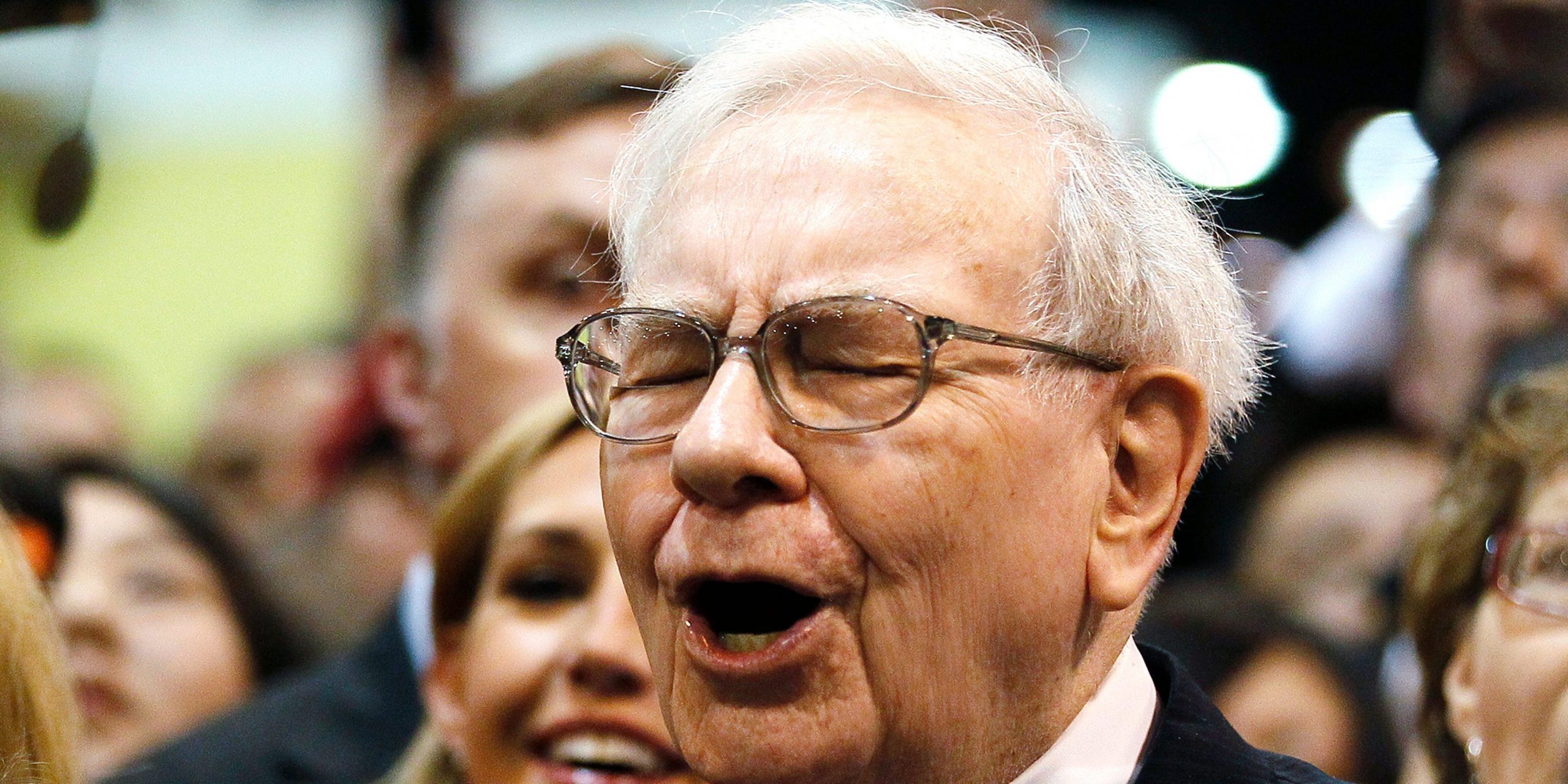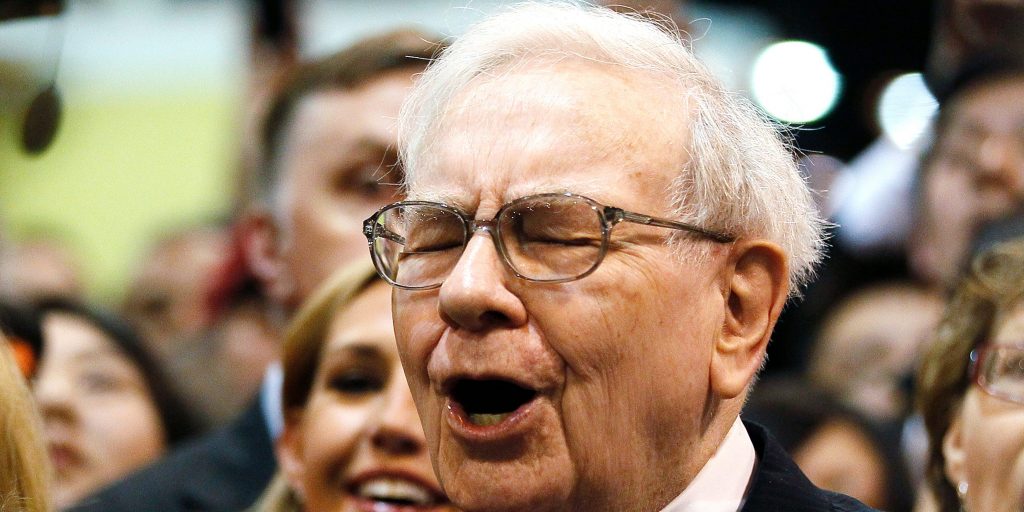
REUTERS/Rick Wilking
- Warren Buffett's Berkshire Hathaway reported third-quarter earnings on Saturday.
- The investor's company shed light on its operations, buybacks, cash, and stock-market activity.
- Berkshire was hit by natural disasters, inflation, and labor shortages last quarter.
Warren Buffett's Berkshire Hathaway reported third-quarter earnings on Saturday. They shed light on its limited stock-market activity, aggressive share repurchases, mushrooming cash reserves, and how most of its subsidiaries bounced back from the pandemic, while others battled inflation and labor shortages. Here are the four key takeaways:
1. Portfolio tweaks
Buffett's company sold about $2 billion worth of stocks on a net basis last quarter, up from $1.1 billion in the second quarter. The famed investor and his team disposed of a net $7 billion of stocks in the nine months to September 30, suggesting they found little worth buying and opted to pocket some profits and concentrate their portfolio.
Berkshire sold about $600 million worth of financial stocks and $500 million of commercial and industrial stocks on a cost basis in the period. Meanwhile, it invested about $90 million in consumer-product stocks on the same basis. The company will disclose the contents of its US stock portfolio as of September 30 next week.
2. Buying Berkshire
Buffett's conglomerate spent $7.6 billion on stock buybacks last quarter, up from $6 billion in the second quarter. It has spent roughly $45 billion on share repurchases in the 21 months to September 30 – far exceeding the $36 billion it spent building its massive Apple stake between 2016 and 2018.
Berkshire likely repurchased another $1.8 billion of stock between October 1 and October 27, based on the decline in its outstanding shares and its average stock price during that period. That leaves the company on track to spend over $5 billion on buybacks this quarter, which would lift its total repurchases for the year to a record $25 billion.
3. More cash than ever
The money in Berkshire's coffers swelled by about $5 billion to a fresh high of $149 billion last quarter. The company's cash pile now exceeds the entire market capitalization of Philip Morris ($147 billion), Starbucks ($138 billion), or Goldman Sachs ($136 billion).
Buffett noted in May he would deploy up to $80 billion on the right opportunity. Berkshire's mushrooming cash reserves suggest the investor is still balking at stock valuations, being priced out of acquisitions by private-equity firms and SPACs, and might not see his company's stock as that much of a bargain.
4. Bouncing back
Berkshire's businesses continued rebounding from the pandemic last quarter. Higher sales across its insurance, railroad, energy, manufacturing, distribution, services, and retailing businesses drove total revenue up 12% to about $71 billion, stoking an 18% rise in operating income to $6.5 billion.
Notably, Berkshire's insurance profits plunged by two-thirds year-on-year to $317 million as Hurricane Ida and floods in Europe sparking a surge in claims. Moreover, McLane Company swung to a loss as higher gas prices increased the wholesale distributor's fuel expenses, and stiffer competition for a shrinking number of truck drivers raised its staffing costs.

